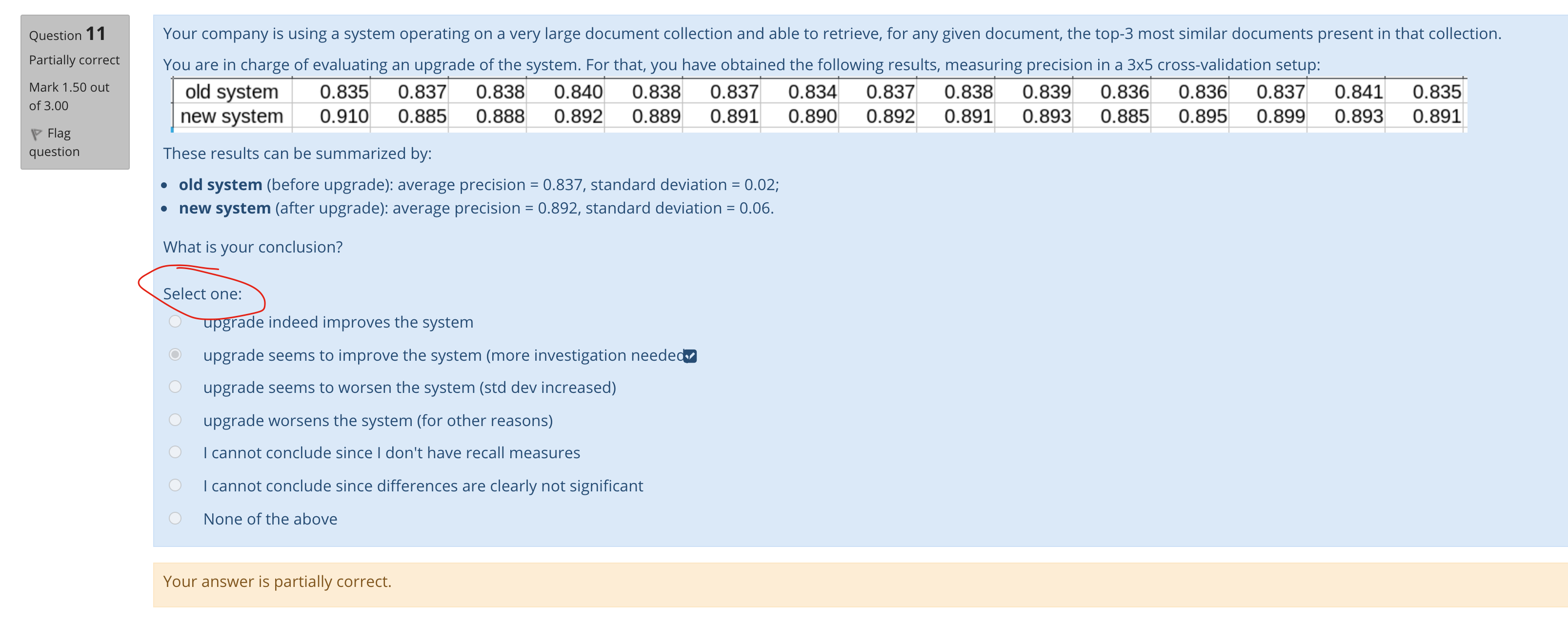I understand your point of view but do not agree. Let me answer the two main points of your message (without willing to argue, simply justify).
First of all, the point of this very question is precisely to test whether you _know_ (or not) how to use the kappa measure in the context of annotating a corpus to make it a gold-standard.
If as an intern (or worth as a data-engineer) you end up with a kappa of 0.31 in such a situation (annotating a corpus to make it a gold-standard) and you tell your supervisor (or your boss) that "we can deal with it", well..., to me you should be assigned to the photocopies for the rest of your intern (or be fired). As simple as this.
So to me, you didn't get the proper knowledge with respect to this point (usage of kappa for gold standards).
Maybe there is some ambiguity in the lesson/slide, and we, teachers, shall improve on that, but to me there is no confusion in the quiz question itself _with this respect_.
Regarding your second point, I wouldn't call "knowledge" the capacity of reading a slide and sticking to it. The "real life" won't stick to the definitions of our poor slides.
To me, knowledge embraces the deep understanding of the *context*, of the pros and cons and their implications, etc.
Sure it's a problem of interpretation, but it always will be [questions are written in Natural Language after all], and much broadly than an simple quiz question. It's precisely the role of an engineer to deal with _contexts_, errors, constraints, etc.
(and, again, to us there was (and is) no confusion in that question with respect to its context and our objectives)
